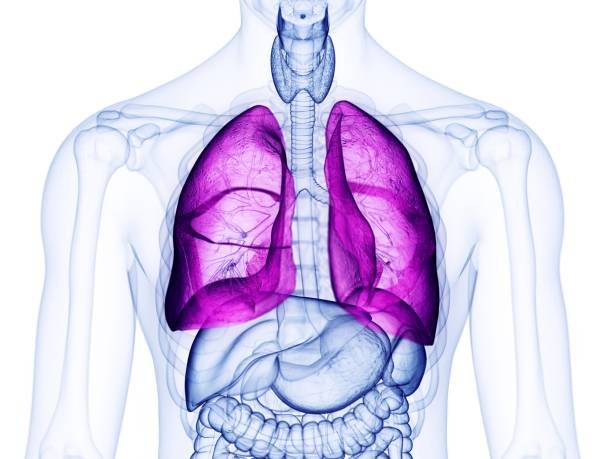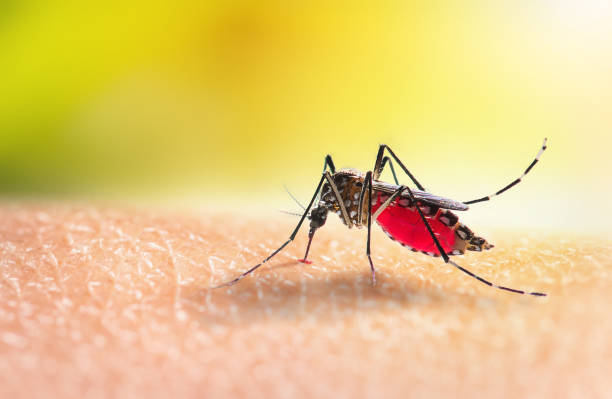Imagine slipping into bed each night, knowing your medicine is quietly working as you dream—lowering the very numbers that could one day mean the difference between life and death. New research from China suggests that for millions battling high blood pressure, that bedtime ritual might hold the key to better health.
A large, carefully designed clinical trial has found that taking blood pressure medication at bedtime, rather than in the morning, significantly improves nighttime blood pressure control—a crucial factor in preventing heart attacks and strokes.
Published in JAMA Network Open, the findings could reshape how doctors around the world advise patients on when to take their daily pill.
The Silent Threat of Nighttime Hypertension
Hypertension, or high blood pressure, is among the world’s most relentless killers, often lurking without symptoms until disaster strikes. In China alone, nearly 300 million people live under its shadow, yet fewer than 17% manage to keep their condition under control.
While daytime blood pressure has long been the focus of treatment, researchers are increasingly sounding the alarm over nighttime hypertension. “Nocturnal blood pressure is often a better predictor of heart attacks, strokes, and kidney disease than daytime readings,” explains Dr. Wei Zhang, co-author of the study and a cardiologist at Sichuan University.
Blood pressure naturally dips during sleep—a phenomenon known as “nocturnal dipping.” But in many patients with hypertension, this dip is blunted or even absent. When the heart must continue pumping hard through the night, the body suffers silent damage, raising the risk of catastrophic events.
A Debate in the Dark
Scientists have long debated whether the timing of blood pressure medication makes a difference. Some studies hinted that nighttime dosing might offer better protection for the heart and blood vessels. Others found no clear benefit—or even suggested potential harm, such as dangerous drops in blood pressure during sleep.
Enter the OMAN trial—a rigorous, randomized clinical study designed to settle the question in a large group of real-world patients.
Inside the OMAN Trial
Led by researchers at Sichuan University and spanning 15 hospitals across China, the OMAN trial enrolled 720 adults aged 18 to 75. Some participants had never received treatment for hypertension, while others had been off medication for at least two weeks.
Each participant was randomly assigned to take their medication either in the morning between 6:00 and 10:00 a.m. or at bedtime between 6:00 and 10:00 p.m. Everyone received the same single-pill combination: 20 mg of olmesartan, a drug that relaxes blood vessels, and 5 mg of amlodipine, which helps keep arteries open. The dosages could be adjusted every four weeks based on precise blood pressure readings from ambulatory monitors and office visits.
Bedtime Brings Better Control
After 12 weeks, the bedtime group emerged as the clear winner—particularly during those critical overnight hours. Patients taking their pills at night had a significantly larger drop in nighttime systolic blood pressure (the top number in a reading), averaging 3.0 mm Hg lower than the morning group. Nighttime diastolic pressure also fell more in the bedtime group by 1.4 mm Hg.
That may sound modest, but in hypertension medicine, even small changes carry weight. “A reduction of 2 to 3 mm Hg in systolic pressure can reduce the risk of heart attack and stroke substantially over time,” says Dr. Zhang.
Nighttime systolic blood pressure control rates were higher in the bedtime group (79.0%) compared to the morning group (69.8%). Daytime blood pressure control also improved slightly, with 88.7% of bedtime patients achieving office systolic control versus 82.2% in the morning group.
No Extra Risks—and Fewer Escalations
A critical concern was whether bedtime dosing might push blood pressure too low during sleep, causing dizziness, falls, or poor circulation to vital organs. Yet the study found no significant difference in nighttime hypotension or adverse effects between the two groups.
Another benefit? Patients in the bedtime group required fewer medication adjustments. Their blood pressure responded more predictably, sparing them from dose escalations that can bring side effects or higher costs.
A Potential Shift in Hypertension Treatment
These findings add robust evidence to support bedtime dosing of blood pressure medications, known as “chronotherapy.” The principle is simple yet profound: tailoring drug timing to the body’s natural biological rhythms can maximize benefits and reduce harm.
However, Dr. Zhang and his colleagues urge caution. “While our results are encouraging, they apply specifically to the medications and patient population we studied,” he notes. Different drugs, health conditions, and ages might produce different outcomes.
Moreover, researchers emphasize that patients should never change the timing of their medication without consulting their doctor. “Blood pressure management is highly individualized,” says Zhang. “What works well for one person may not be best for another.”
A New Chapter in the Fight Against Hypertension
In the end, the OMAN trial shines a spotlight on the dark hours of the night—hours when the body heals, the mind dreams, and, it seems, blood pressure medication might work its quiet magic most effectively.
For the millions around the world struggling with hypertension, the simple act of shifting a pill from morning to bedtime could one day mean fewer strokes, healthier hearts, and longer, healthier lives. And that’s a dream worth chasing.
Reference: Runyu Ye et al, Morning vs Bedtime Dosing and Nocturnal Blood Pressure Reduction in Patients With Hypertension, JAMA Network Open (2025). DOI: 10.1001/jamanetworkopen.2025.19354






